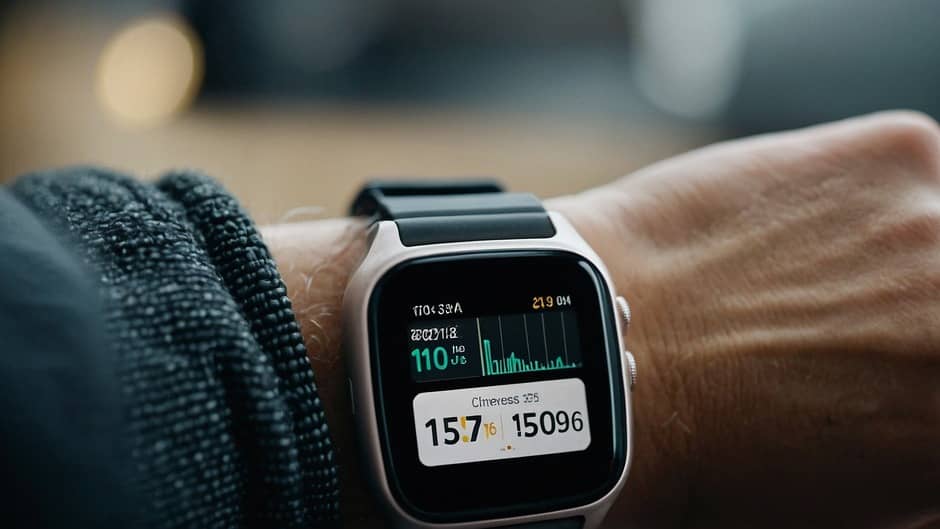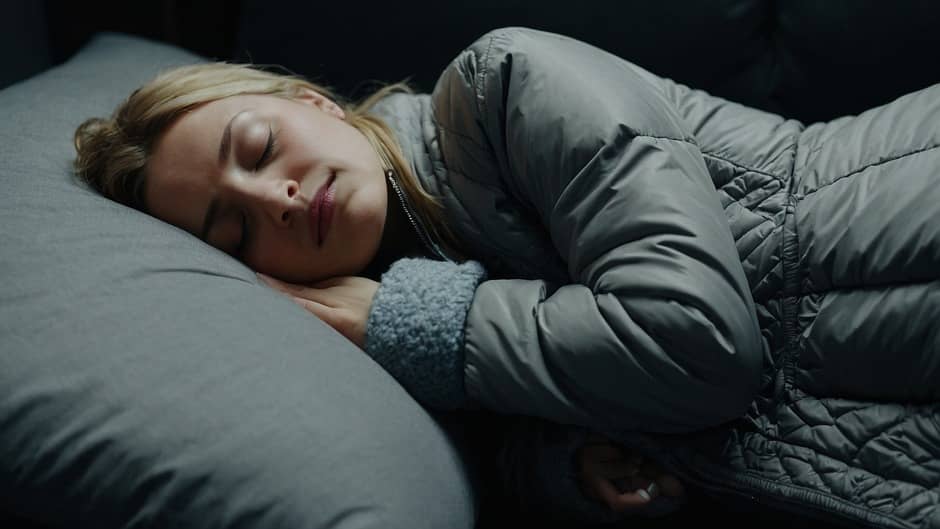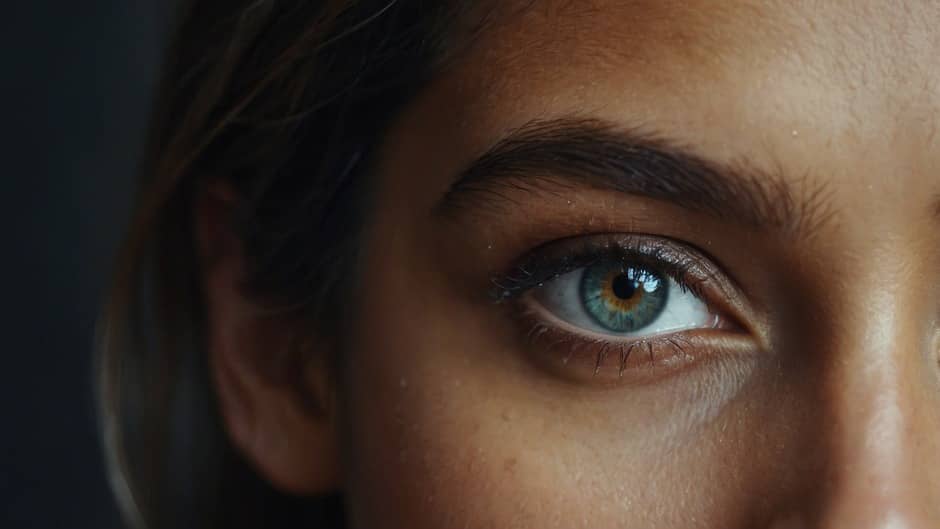Table of Contents
- How Does Weather Change Affect The Body?
- How Can Cold Weather Affect The Body?
- How Does Low Pressure Weather Affect The Body?
- How Does Weather Affect Your Mood?
- Weather Effects on Kids
- Weather Effects on the Elderly
- 10 Harmful Effects of Environmental Heat on the Human Body
How Does Weather Change Affect The Body?
You know how sometimes when you wake up, the weather is just like no other?
It’s possible that the temperature has changed from the day before.
The way we feel physically may be impacted by that change. Even while our bodies are fairly adaptive, abrupt temperature fluctuations can be a little strange. In hot weather, our bodies work very hard to keep us cool.
Here, we will find out how does weather affect your health?
We perspire, and if we don’t drink enough water, it might make us feel dehydrated or exhausted. But as the temperature drops, our bodies have to work harder to keep us warm.
Our muscles and joints could stiffen as a result. A runny nose or headaches may also occur for some people as their bodies adjust to the changing temperature.
How Can Cold Weather Affect The Body?
When it gets cold outside, our bodies have to contend with whole new problems.
Our skin gets dry and irritated from the cold air’s dehydration of it.
Have rough hands or chapped lips ever disturbed you?
That is a typical consequence of being chilly. Cold weather might also have an impact on our circulation. When it’s cold, blood flow is directed to our core to maintain the warmth of our vital organs, which might cause a feeling of being lifeless or shaky in our extremities.
If you have arthritis, the cold may make your joints feel more painful or stiff. Another thing to be aware of is the potential for illness. Cold weather can impair our immune systems, increasing our susceptibility to colds and the flu.
Furthermore, we typically exert more energy around other individuals, which can promote the transmission of microorganisms.
How Does Low Pressure Weather Affect The Body?
Low pressure systems, often linked to stormy or rainy weather, can have various effects on our bodies.
Changes in barometric strain may cause headaches or brain symptoms in some people. The shift in pressure may have an impact on the fluids in our sinuses or even our inner ears, which may cause pain or discomfort.
Low-stress weather conditions can also affect our mood and vitality.
The dark, cloudy weather that are typically linked with low pressure might make some people feel lethargic or melancholy.
It is noteworthy that this disease is commonly referred to as “weather-related depression” or seasonal affective disorder (SAD), despite the fact that it can be highly complex and influenced by a multitude of circumstances.
How Does Weather Affect Your Mood?
The weather may undoubtedly have an emotional impact on us.
Bright days usually make us feel better and offer us more energy. This is due to the fact that sunshine promotes the synthesis of the mood-enhancing hormone serotonin. However, gloomy, rainy days might leave individuals feeling depressed or exhausted.
This isn’t just something you think about; science actually supports it. Reduced sunlight causes our bodies to create less serotonin, which can make us feel depressed.
Seasonal affective disorder, or SAD for short, is a mental health condition that causes some people’s moods to shift more noticeably as the seasons change.
Also Read – Is Lactose Free Yogurt Better For You? – Can Lactose Intolerance Make You Constipated? (2024)
Weather Effects on Kids
Children are particularly aware of weather changes.
For example, infants are more prone than adults to overheat in the summer, so it’s critical to keep them cool and hydrated. Children may not always dress appropriately for the weather, which can lead to issues like hypothermia and frostbite if they are outside for an extended period of time.
Weather variations can also influence children’s behavior. Spending more time indoors on rainy days may lead to anxiety or boredom.
Conversely, bright days may inspire more kids to play outside, which is beneficial for their physical development but also means parents need to take extra precautions to shield their kids from the sun.
Weather Effects on the Elderly
As we age, our bodies can become less capable of adjusting to variations in the climate.
The consequences of cold frequently strike older persons hardest.
They are more susceptible to dryness and coldness because of the thinness of their skin. They are also more vulnerable to conditions like arthritis, which exacerbate in the winter.
Another challenging factor is the heat.
Older adults are more susceptible to heat-related disorders like heat exhaustion or heat stroke because they may not be able to regulate their body temperature as efficiently.
They might also not consume enough water, which increases their risk of dehydration.
For this reason, senior citizens should be especially careful in inclement weather. This calls for wearing suitable clothing, drinking plenty of water, and paying attention to the inside temperature in order to maintain a safe and pleasant environment.

10 Harmful Effects of Environmental Heat on the Human Body
Hi to all of you! Now that it’s becoming pretty hot here, let’s talk about something really important.
Understanding the warning signals that heat from the environment might send to our bodies is crucial. I’m here to provide you with information and outline the top 10 negative health effects of heat.
Now let’s get going!
1. Dehydration
First, dehydration. When it’s hot outside, we perspire more to stay cool, but our bodies risk being dehydrated if we don’t drink enough water afterwards.
You may experience fatigue, dizziness, and even headaches as you dry out. It is imperative that you stay hydrated, even if you don’t feel thirsty.
Your body loses fluids more quickly in the heat, so it’s important to stay hydrated to keep everything functioning properly.
2. Heat Exhaustion
Now let’s discuss heat fatigue.
This is what occurs when you get too hot and begin to lose too much salt and water.
You may start to feel bloated, unsteady, and weak.
You might occasionally try to get a migraine or cramps in your muscles. If you suspect you may be suffering from heat exhaustion, find a cool place to sit, sip some water, and relax for a while.
Your body is attempting to communicate with you that it needs to chill off.
3. Heatstroke
Heatstroke is a dangerous condition that can occur when your body temperature climbs too high.
Heatstroke is not the same as warm weariness; it occurs when your body is unable to regulate its temperature.
Symptoms include confusion, fast heartbeat, and possibly unconsciousness. This is a medical emergency, therefore you should get help as soon as you or someone you know is exhibiting these symptoms.
The body must be allowed to calm down as quickly as possible.
4. Cardiovascular Strain
Furthermore, the heat increases cardiac strain. In order to pump blood to your skin and aid in cooling down, your heart must work harder when it’s hot outside.
This can be particularly dangerous for people who have high blood pressure or cardiac issues. Pay attention to your body’s needs and steer clear of physically demanding activities while it’s hot outside to reduce your chance of cardiovascular problems.
Also Read – How Does Drinking Lots Of Water Help Lose Weight? (2024)
5. Cognitive Impairment
Have you ever noticed how hard it is to focus when it’s really hot outside?
This is because heat has been shown to disrupt brain activity. High temperatures can impair your ability to make clear decisions and think clearly. This can be dangerous, especially if you’re operating a vehicle or performing high-stakes employment.
Remain calm and take breaks to prevent these cognitive impacts.
6. Heat Rash
Sweat getting trapped in the sweat conduits causes heat rash, also known as thorny intensity.
These seem to be tiny, red smacks on the skin, and they can be rather uncomfortable. To prevent heat rash, make an effort to stay in cool environments and wear loose, breathable clothing.
Keeping your skin cool and dry is the best approach to prevent this bothersome problem.
7. Respiratory Issues
The intensity may also affect how well you relax.
Some people find it more difficult to breathe in hot, humid air, especially those who have asthma or other respiratory conditions.
Heat has the potential to worsen the quality of the air, increasing its pollution and allergy content. In the unlikely event that you have a respiratory ailment, try to stay inside on very hot days and utilize air conditioning if you can.
8. Kidney Stress
Your kidneys are working hard in the heat.
They have to work more harder to get toxins out of your blood when you’re dehydrated. Prolonged exposure to high temperatures without proper hydration might cause renal stress and possibly kidney stones.
If you drink lots of water, your kidneys will remain healthy and continue to work as intended.
9. Heat-Related Cramps
Muscle aches that occur during or after intense physical labor in sweltering temperatures are known as heat cramps.
They occur when perspiration causes your body to lose too much moisture and salt. If you encounter these problems, it’s a good idea to stay hydrated and take a cool area to rest.
Stretching and lightly massaging the afflicted muscles can also help to relieve the cramps.
10. Physical Performance
Finally, intense heat can significantly impair your range of motion.
Whether you’re working out or playing sports, high temperatures might make it difficult for you to give your best.
Your body must work harder to cool itself, which might wear you out and impair your performance. Try to work out early in the morning or late in the evening when it’s cooler, and take lots of pauses.
Our summary of the physiological impacts of heat is now complete.
The primary lesson learned? Drink plenty of water, be calm, and listen to your body. If you start to experience any of these symptoms or start to feel ill, don’t wait to act or get medical help.
Remember that being prepared and aware is the greatest way to keep healthy on hot days.
Stay calm wherever you are!
Read us on Medium.




